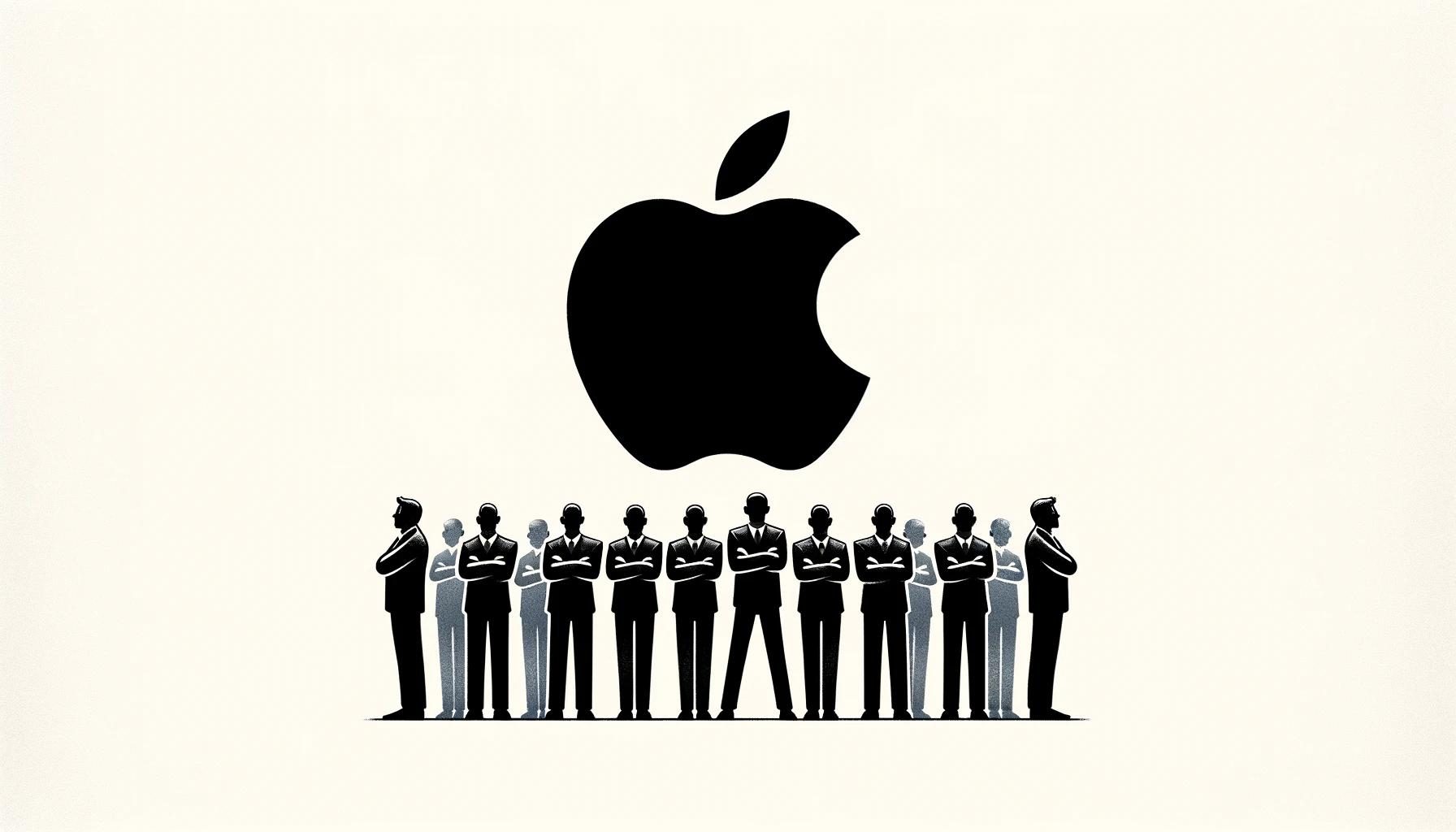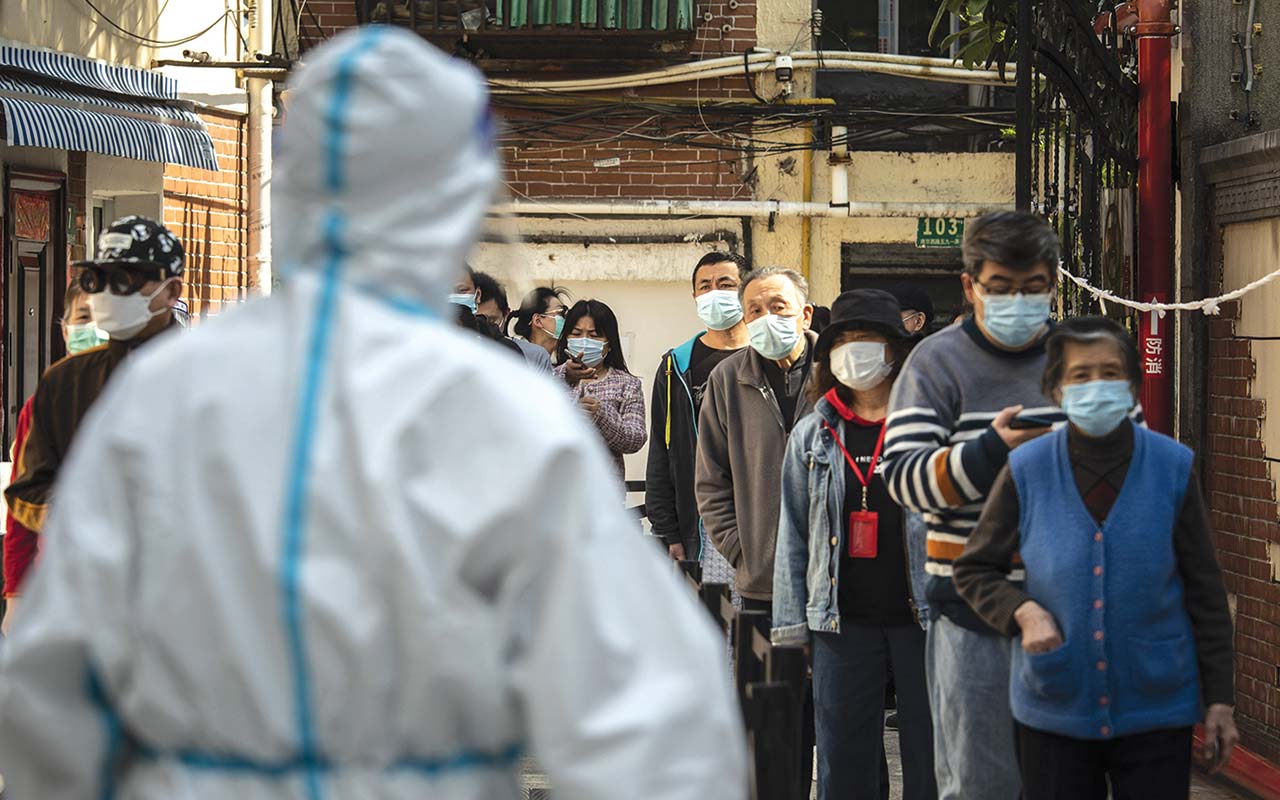Shanghai lockdown: Economy shaken by zero-Covid measures
The lockdown in Shanghai has become a real test of strength for the «zero tolerance» policy for COVID-19. One of China’s largest cities is breaking records for the spread of the virus, and residents of the once-bustling world trade center have been locked in apartments with little food. Although restrictions have begun to ease slightly, businesses will continue to experience the effects of a full lockdown for a long time to come.
Battlefield between «zero tolerance» and economy
Shanghai, which has been under strict lockdown since the end of March, is one of the largest cities in the world. Shanghai’s GDP in 2021 was $680 billion, comparable to that of Poland ($720 billion) and Sweden ($660 billion).
In addition, Shanghai is the center of international trade and business within China. By the end of 2021, the city hosted more than 800 regional headquarters of multinational corporations such as Tesla, Apple, and Coca-Cola. The Shanghai Stock Exchange ranks third after New York and London in terms of market capitalization.
The port of Shanghai has been the world’s largest container port for 12 consecutive years. In 2021, it handled more than 47 million 20-foot units of cargo, almost three times more than the busiest port in Europe, Rotterdam. The closure of the city for quarantine led to the rupture of important supply chains.
Shanghai is also home to important production facilities of international companies: Volkswagen and General Motors have opened their joint production facilities here with the state-owned SAIC Motor Corporation. Elon Musk chose Shanghai for Asia’s first Tesla Gigafactory. Chinese authorities began easing restrictions slightly this week, and Tesla’s factory resumed production on April 18, but the company’s output fell by 50,000 vehicles in three weeks of downtime.
Shanghai is also home to China’s largest semiconductor manufacturer, SMIC. Along with Tesla and the Pegatron Corp iPhone, the company was on a «white list» of those allowed to resume production in mid-April under a «closed-loop» in which workers live on-site and are regularly tested. Thus, the authorities are trying to some extent to reduce the damage to the economy from the lockdown.
Since the end of March, the bustling center of global business has been almost completely paralyzed due to the outbreak of COVID-19. The Chinese authorities, following the proclaimed «zero tolerance» policy, are fighting the infection through total restrictions and strict quarantine. So, from the end of March until now, Shanghai has remained a battlefield between the coronavirus and the interests of Chinese and international business.
Food delivery problem
Initially, the government tried to control the spread of the virus through targeted quarantines in neighborhoods, but with more than 20,000 infections detected daily, the city authorities imposed a full lockdown, which is in line with China’s «zero tolerance» policy for the virus. The severity of restrictions varies by region. If a sick person is found in the house, then quarantine for all its residents lasts 14 days, seven of which you can’t even go downstairs or go outside the apartment building. After 14 days from the detection of the last case, you can leave the house, but you need to be within your area. Only medical workers, volunteers, deliveries, and other professionals with special permits can freely be on the streets.
The vast majority of identified cases of infection are asymptomatic. The authorities are making every effort to send all patients who test positive, as well as people who have been in contact with them, to centralized facilities to cut off transmission routes as efficiently as possible.
Against the background of the lockdown in Shanghai, there was a shortage of delivery workers and the problem of food availability became an acute problem. Food delivery services in Shanghai are indeed in a rush, and government-organized food distributions are irregular. Meituan and Dingdong, two of China’s largest grocery delivery platforms, have collectively dispatched about 1,500 deliveries to Shanghai to reduce the shortage of couriers. Also, the platforms cannot guarantee the availability of products: to have at least some chance to place an order, Shanghai residents wake up at dawn at the very beginning of sales. Group deliveries for Shanghai residents have become a way out, however, in some cases, security guards and management companies in houses prevent residents from collecting a joint order, as they believe that this is dangerous in terms of the spread of the virus, and simply do not allow delivery to their territory.
Chinese social media is flooded with discussions about where to buy food, how long it will take to ship, whether it will arrive, and how much prices have risen.
Economic downturn
This week it became known that four major international banks — Bank of America, Barclays, Standard Chartered, and UBS — have lowered their forecast for China’s economic growth in 2022. UBS cut its forecast from 5% to 4.2%, Bank of America from 4.8% to 4.2%, Barclays from 4.5% to 4.3%, and Standard Chartered from 5.3% to 5%. The banks cited tough lockdowns and a «zero tolerance» policy as reasons for their decision to deal with the coronavirus outbreak in China.
At the same time, GDP growth in the first quarter in China was higher than expected and amounted to 4.8%. However, according to the New York Times, the main growth occurred in January and February of this year, and in March, when the lockdown was announced, growth began to slow down. Analysts are forecasting even lower numbers in April, with some even warning of the risk of a recession. Data from China’s National Bureau of Statistics is also indicative of the economy’s troubles, with the unemployment rate hitting a record 5.8% since May 2020 in March and retail sales down 3.5% year-over-year.
China is the country that has so far been the biggest driver of global economic growth. According to analysts at investment bank Bernstein, the current lockdown poses more serious risks to the global economy than the 2020 crisis, because since then the world has become more dependent on Chinese exports, whose share has grown by 15.4% in 2021.
The American Chamber of Commerce in Shanghai surveyed 120 companies in Shanghai, including 76 manufacturers, about the impact of the lockdown on their business. 99% of them reported that covid restrictions have affected their work, and 60% stressed that their activities have slowed down due to a shortage of workers and supply disruptions. And investors are now investing in Chinese companies with caution, explaining their fears with the same «zero tolerance».








Comments